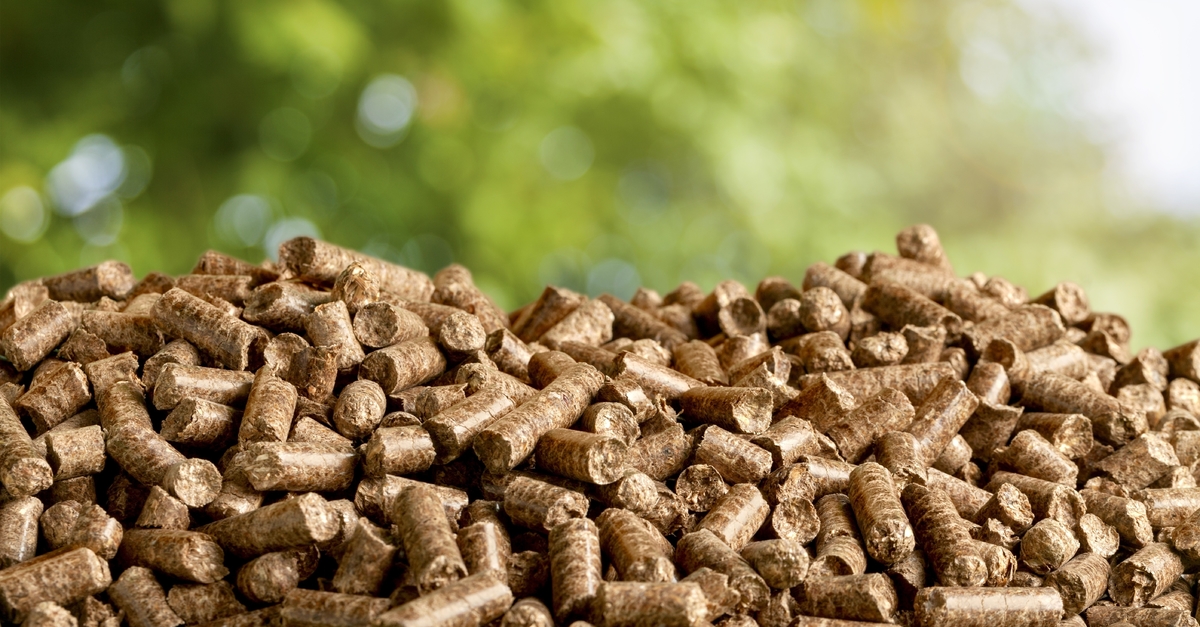Canada continues to become a global leader in biomass power by increasing both capacity and generation this decade.
According to a recent report, 2016 was a strong year for Canadian biomass that saw capacity increase by 288 MW from 2015 to 2016, bringing the total amount of electricity generated by this energy source to 2,702 MW – 1.8 percent of all capacity in canada.
Generation also went up over the same time period, increasing by 5.6 percent to 13,214 GWh – 2 percent of electricity generation in the country. As with previous years, Ontario was the leading province when it comes to additional generation and capacity from biomass.
Much of the reason behind these notable increases is due to the fact that Canada has intentionally made investments in biomass as a viable alternative energy source. Earlier this year, National Resources Canada gave out a $6.45 million award to projects in British Columbia that include bioenergy development. A majority of this money will go toward biomass enhancement systems that will allow producers to process more diverse sources of fuel.
Investments such as these are driving participation in the biomass industry, not just in British Columbia – the nation’s leading producer of biomass energy – but throughout the country as a whole. This is a part of a larger trend on the North American continent toward biomass, as several states in the Pacific Northwest and Northeast are pushing money and legislation toward biomass as well.
British Columbia Leading the Way
In British Columbia, biomass has become a way of life.
Biomass is the province’s second-largest source of electricity generation. The main fuel source comes in the form of wood waste from the province’s robust forestry, pulp, and paper industries; this fuel powers 6,727 GWh, which clocks in at 9 percent of total electricity generation.
Capacity is also high, at 5.1 percent of total, up by 2.37 percent to 907 MW per year.
Development has occurred at a torrid pace in the province over the past decade. In 2013, a major North American energy provider announced the construction of two 40-MW biomass plants worth a total of $235 million. When they are completed, they will be the largest woody biomass plants on the continent.
This development is an attempt to capitalize on an estimated 2,300 MW of total capacity from woody biomass sources in the province.
Canadian Biomass in the Near Future
Canada is currently taking steps to further advance the development of biomass in the country as a way to tap into the nation’s rich forest resources.
Canada’s federal government is currently devising its Clean Fuel Standard and has sought input from various stakeholders, including the Wood Pellet Association of Canada, Forest Products Association of Canada, Advanced Biofuels Canada, and other biomass-connected trade groups.
The hope for the industry is that biomass will be heavily included in the Clean Fuel Standard as a premier energy source – not just for domestic consumption but for export to the United States. Canada already exports wood pellets; from 2015 to 2016, total exports jumped by 46 percent – fueled primarily by demand from the U.K. – and increased by 73 percent since 2012. Now, Canada is the second-largest exporter of wood pellets after the United States.
One potentially big driver of success for biomass in Canada: torrefaction technology that leads to biochar. Biochar uses a process known as torrefaction to take forest biomass and convert it into a substance that has the same properties as coal. Biochar is advantageous because it lowers carbon emissions while being a suitable fuel source for coal power plants with minimal modifications required.
The goal with the latest biochar initiative is to develop a large-scale, commercially-viable, efficient biochar development process that can use biomass to eventually replace coal altogether. Similar attempts are being explored in the United States and elsewhere.
All in all, Canadian biomass has a bright future and is poised to become the fastest-growing alternative energy fuel source not only in Canada, but in North America as a whole.
ProcessBarron specializes in manufacturing fuel and ash handling equipment for the biomass industry, as well as in converting power plants from coal to biomass. For more information, contact the ProcessBarron team.


